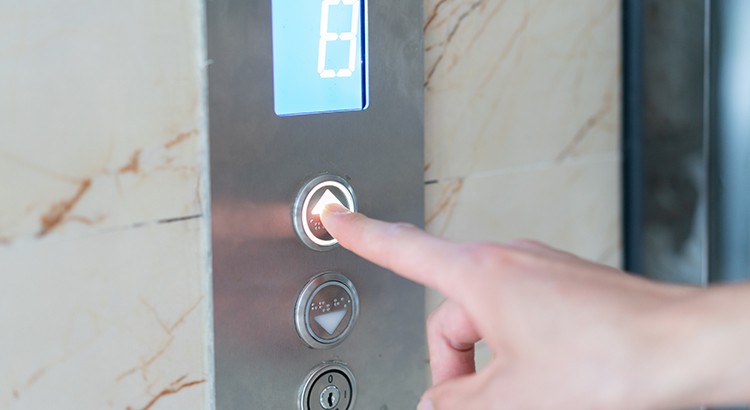
A Drop in Equity Doesn’t Mean Low Equity
You may see media coverage talking about a drop in homeowner equity. What’s important to understand is that equity is tied closely to home values. So, when home prices appreciate, you can expect equity to grow. And when home prices decline, equity does too. Here’s how this has played out recently. H

The Main Reason Mortgage Rates Are So High
Today’s mortgage rates are top-of-mind for many homebuyers right now. As a result, if you’re thinking about buying for the first time or selling your current house to move into a home that better fits your needs, you may be asking yourself these two questions: Why Are Mortgage Rates So High?When Wil

Owning a Home Helps Protect Against Inflation
You’re probably feeling the impact of high inflation every day as prices have gone up on groceries, gas, and more. If you’re a renter, you’re likely experiencing it a lot as your rent continues to rise. Between all of those elevated costs and uncertainty about a potential recession, you may be wond
Categories
- All Blogs (126)
- Choosing an Agent (7)
- Condos (4)
- Down Payment (7)
- Downsizing (2)
- Home Buying Process (39)
- Home Equity (11)
- Infographics (20)
- Interest Rates (28)
- Investment Property (2)
- Market Conditions (75)
- Mortgages (32)
- Multigenerational Homebuying (4)
- New Construction (4)
- Renting (7)
- Sustainability (1)
Recent Posts



![Why You Can’t Compare Now to the ‘Unicorn’ Years of the Housing Market [INFOGRAPHIC]](https://img.chime.me/image/fs/chimeblog/20230613/16/original_07f3394b-7997-4582-9a03-472a6048dee4.png)




![Reasons To Own Your Home [INFOGRAPHIC]](https://cdn.chime.me/image/fs/sitebuild/2019929/2/w600_original_7e2aa583-6818-4cc3-a2c4-17c4db55c1d6-jpeg.webp)

